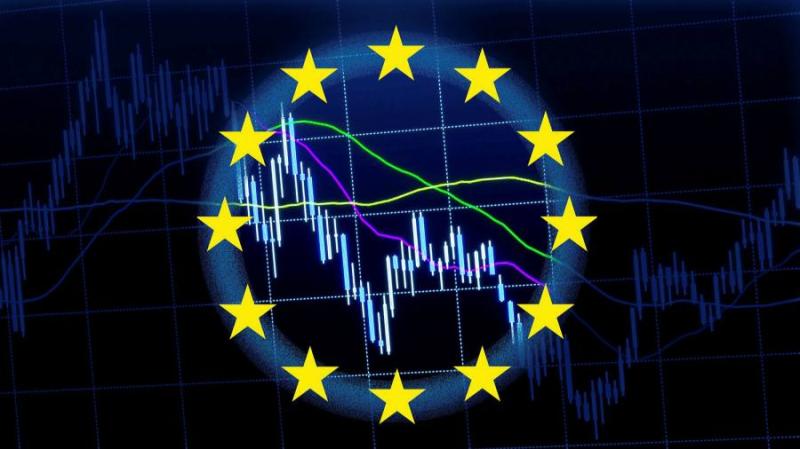Mifid II influence spreads beyond EU borders

Mifid II influence spreads beyond EU borders Different approaches to paying for investment research exacerbated by pandemic Two-thirds of investment groups have rolled out changes despite the rules covering just the EU © FT Montage Share on Twitter (opens new window) Share on Facebook (opens new window) Share on LinkedIn (opens new window) Share Save Owen Walker MAY 3 2020Print this page7 Mifid II, European market rules introduced two years ago, are having a significant impact on fund managers’ use of investment research around the world. More than two-thirds of investment groups have rolled out changes to their approach to paying for research globally, despite the rules covering just the EU, according to estimates. But commentators have warned of large disparities in research budgets between those fund managers paying for it themselves and those passing on the costs to their clients — with the differences exacerbated by the coronavirus crisis. “It’s a tale of two cities,” said Neil Scarth, principal at Frost Consulting, which monitors research use. “The likely impact of the Covid-19 pandemic is going to be huge — do you really want your investment managers to have less research?” The wide-ranging Mifid II regime was introduced to great fanfare in 2018, in what was heralded as one of the biggest shake-ups to investing and trading for decades. Most European fund managers responded by announcing they would pay for research themselves, rather than pass on the costs to clients, although few said they would roll it out globally. But a study by Liquidnet, the dark pool operator, found 70 per cent of investment managers it polled had implemented a global policy of unbundling research costs, up from just over half last year. Yet when it came to how that research was paid for, 52 per cent of international investment managers said they had taken the research costs on to their profit and loss account globally, with 33 per cent doing so just for Europe. “We are based in the US, so out of scope of Mifid II, but we are unbundling our mindset internally to make sure we allocate client dollars most effectively,” one midsize US manager told Liquidnet. Mr Scarth said the Securities and Exchange Commission, the US regulator, had “zero appetite” for allowing fund managers to pay for research themselves as it wanted to protect its domestic research market. As a result, US managers’ research budgets were set by the amount of trading they carried out, which has increased significantly in recent weeks. European managers, meanwhile, had much smaller budgets because their profit margins had shrunk on the back of a reduction of assets since the coronavirus crisis sell-off began. The impact of fund managers paying for research themselves has been “procyclical on the downside”, Mr Scarth said. “Is that really in the interests of end users?”